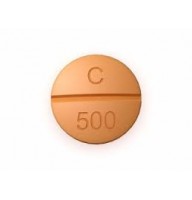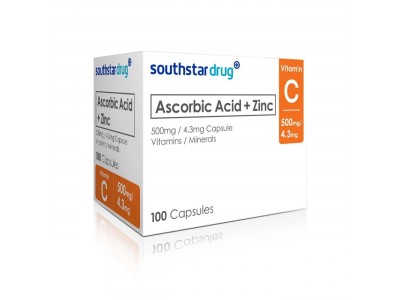Vitamin C and ascorbic acid are closely related, but they are not precisely the same. Ascorbic acid is a chemical compound and the purest form of vitamin C. In other words, ascorbic acid is a specific molecule that serves as the active ingredient in vitamin C supplements and is found in various foods.
Vitamin C, on the other hand, is a broader term that encompasses not only ascorbic acid but also other compounds related to it, such as dehydroascorbic acid. Vitamin C, in dietary terms, refers to the combination of these compounds that have vitamin C activity. While ascorbic acid is the most common and well-known form of vitamin C, the two terms are often used interchangeably in everyday language. Also you can buy french pharmacy online international.
When you see "ascorbic acid" listed as an ingredient on a dietary supplement or food label, it means that the product contains the pure, chemically isolated form of vitamin C. This is the same substance found in fruits and vegetables and is essential for various bodily functions, including collagen production, immune support, and antioxidant activity.
In summary, vitamin C and ascorbic acid are closely related, with ascorbic acid being the pure chemical form of vitamin C. The terms are often used interchangeably, but it’s important to understand that vitamin C as a dietary nutrient comprises more than just ascorbic acid. Regardless of the terminology, both play vital roles in maintaining good health and are readily available in supplements and natural food sources.

